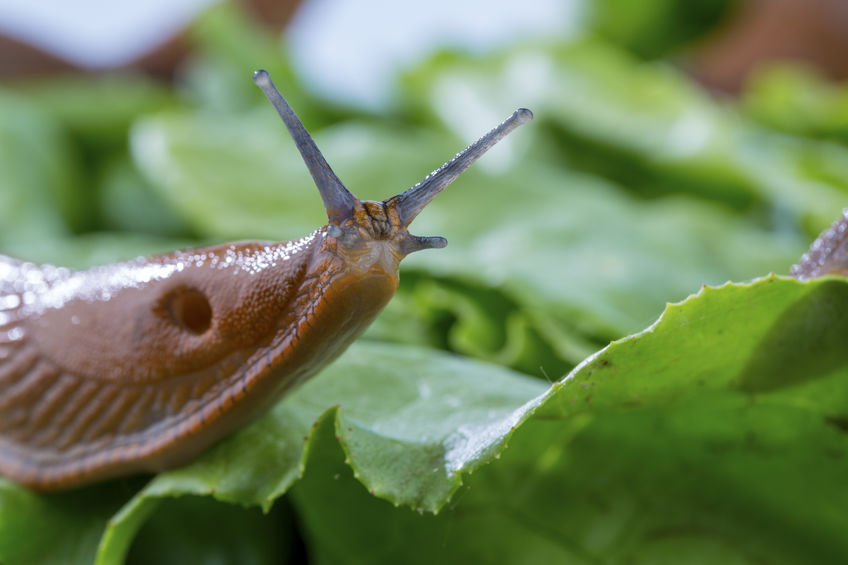
With slug pellet applications imminent, farming businesses are being reminded that metaldehyde stewardship guidelines apply this autumn.
The reminder comes as outdoor use of metaldehyde is set to be banned in Britain from the end of March 2022, the government announced last year.
The pesticide, used to control slugs on farms, will be phased in order to 'better protect wildlife and the environment', Defra explained.
Although no further supplies of the active are available from manufacturers, distributors can still sell stocks and use can continue until 31 March 2022.
David Cameron, chairman of the Metaldehyde Stewardship Group, said responsible use until the end of the use up period was 'essential' to help stop metaldehyde reaching watercourses.
He noted key stewardship steps to follow: “With the view of helping to minimise slug infestations and reduce the need for treatment, metaldehyde slug pellets must only be used as part of a wider Integrated Pest Management (IPM) programme.
“Factors such as soil and stubble management, planting methods, weather, trapping and monitoring should all be considered as part of slug control programmes.”
Growers should also take a field-by-field approach to assess the risk of metaldehyde reaching watercourses, Mr Cameron explained.
“Think ‘Soil, Slope and Stream’. Your field’s soil type, topography and proximity to a water course are all key to understanding whether applications could impact drinking water quality.
“If treatment is necessary, it’s imperative to refer to the full set of MSG guidelines. These state that metaldehyde-based slug pellets should not be applied if drains are flowing or heavy rain is forecast.
"And no pellets should be allowed to fall within a minimum of 10 metres of any field boundary or watercourse.”
Dr Cameron concluded by thanking the entire farming industry for their support over the last decade.
“Although we are now seeing the loss of metaldehyde from the market, the stewardship initiative played an enormously important role," he said.
"It wouldn’t have been possible without the ongoing support of various organisations and stakeholders.”
